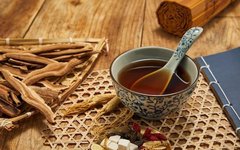Health Science Popularization
Is your Chinese herbal decoction sour today?
Recently,
the editor noticed in the backend
that some patients reported
that their decoctions had a sour taste
and were unsure if it was due to “spoiling” or the inherent taste of the herbs.
Could you tell us how to distinguish this?
The editor quickly contacted our pharmacy department’s professional teachers
to arrange a discussion on
the identification of sourness in herbal decoctions.
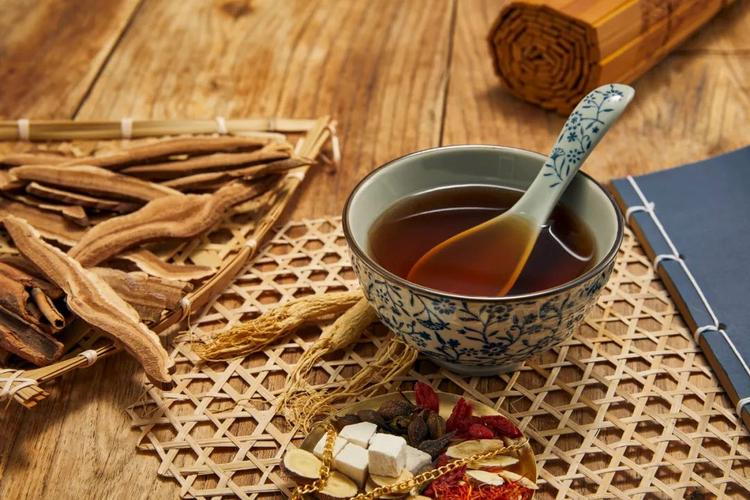
As an important component of Traditional Chinese Medicine (TCM),
the unique taste and efficacy of herbal decoctions often leave a deep impression.

However, some decoctions may have a slightly sour taste after cooking.Why is this?Let’s take a closer lookto explain the reasons.
The Theory of Properties in TCM
The theory of properties of Chinese herbs is one of the fundamental theories in TCM, which includes the four qi (cold, hot, warm, cool), five flavors (sour, bitter, sweet, spicy, salty), ascending and descending, floating and sinking, and meridian affiliations. Among these, the five flavors refer to the five basic taste responses produced by herbs when they act on the human body, closely related to the efficacy and action sites of the herbs.
The Properties and Efficacy of Sour Flavors
Among the five flavors, sour flavor is considered to have astringent and binding effects. Sour-flavored herbs are often used to treat symptoms such as spontaneous sweating, diarrhea, and frequent urination, as they can help to retain moisture and nutrients within the body, preventing their loss. Common sour-flavored herbs include Wu Wei Zi (Schisandra), Wu Mei (Mume), Shan Zha (Hawthorn), and Mu Guo (Papaya).
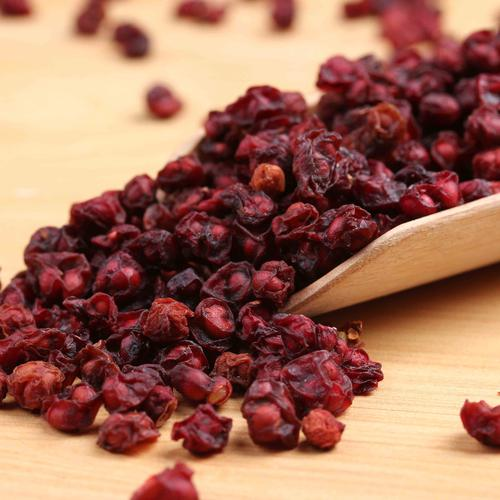
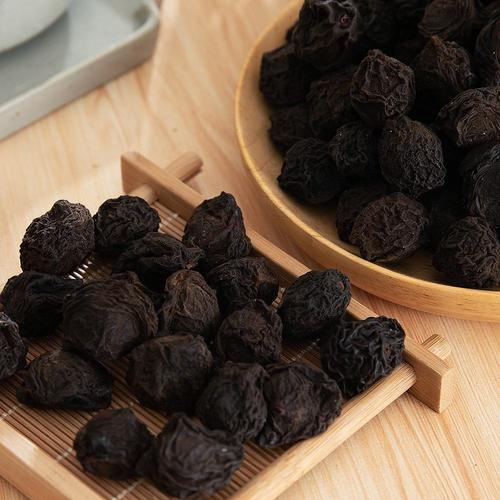
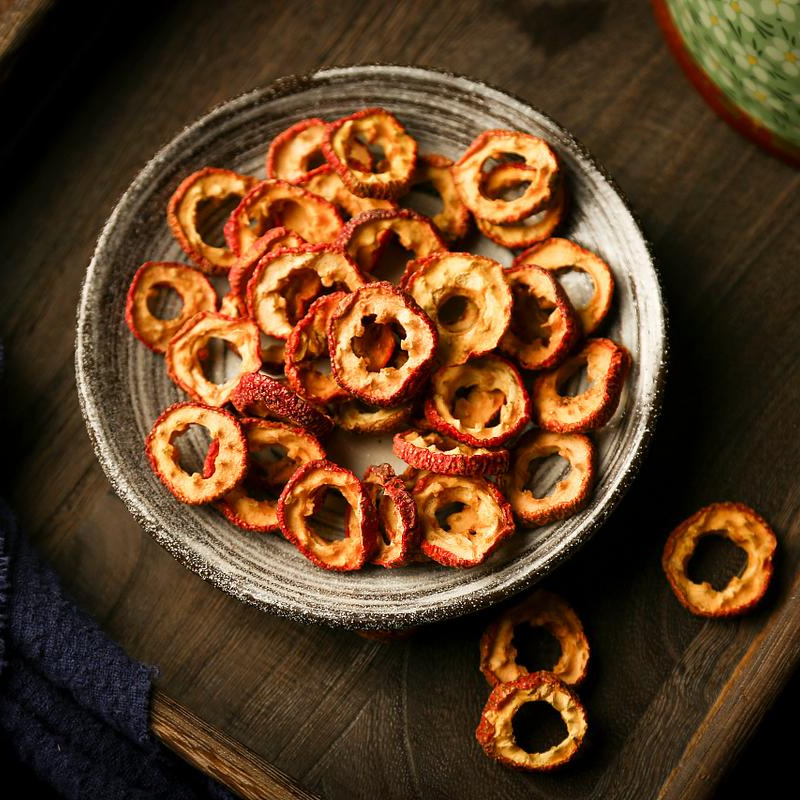
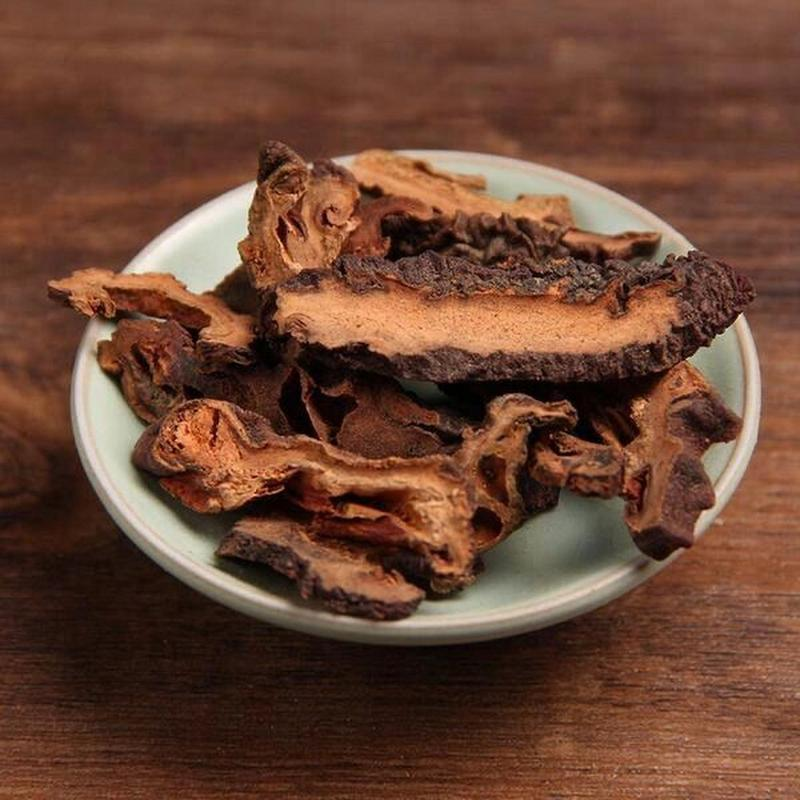
What Causes the Sour Taste in Herbal Decoctions?
1
Use of Sour-Flavored Ingredients:
When formulating a decoction, the physician may add some sour-flavored ingredients based on the patient’s condition to enhance the astringent and binding effects of the decoction. These ingredients will release sour components during the cooking process, resulting in a sour taste in the decoction.
2
Interactions Between Herbs:
In a Chinese herbal formula, different herbs may interact with each other, which can also affect the taste of the decoction. Sometimes, even if there are no obvious sour-flavored ingredients in the decoction, the interactions between other herbs may still produce a sour taste.
3
Cooking Method and Time:
The control of heat and the duration of cooking can also affect the taste of the decoction. If the heat is too high or the cooking time is too long, certain components in the herbs may dissolve excessively, leading to a sour taste in the decoction.

How to Distinguish Herbal Decoctions
Normal Sour Taste vs. Spoiled Sour Taste
Understanding the difference between the normal sour taste of herbal decoctions and the sour taste due to spoilage is very important. Here are some identification methods:
1
Observe the Color and Smell of the Decoction:
Normal herbal decoctions usually have a specific color and smell. If the color of the decoction changes significantly, such as becoming cloudy, precipitating, or discoloring, or if the smell becomes unusually pungent, it is likely that the decoction has spoiled.
2
Taste the Decoction:
The normal sour taste of herbal decoctions is due to the properties of the herbs themselves, but if the taste becomes overly sour, bitter, or has an off-flavor, it may indicate spoilage.
3
Pay Attention to Storage Time and Conditions:
Herbal decoctions should generally be consumed immediately after cooking to avoid long-term storage. If stored for too long or under improper conditions (such as high temperature or humidity), the decoction is prone to spoilage. Therefore, patients should pay attention to the storage time and conditions when consuming herbal decoctions.
In summary, patients should be aware of the differences between the normal taste of herbal decoctions and the taste after spoilage. If any abnormal changes are detected, they should stop consumption immediately and consult a physician.

At the same time, follow the physician’s advice, control the dosage and cooking time reasonably to ensure the efficacy and pleasant taste of the decoction.
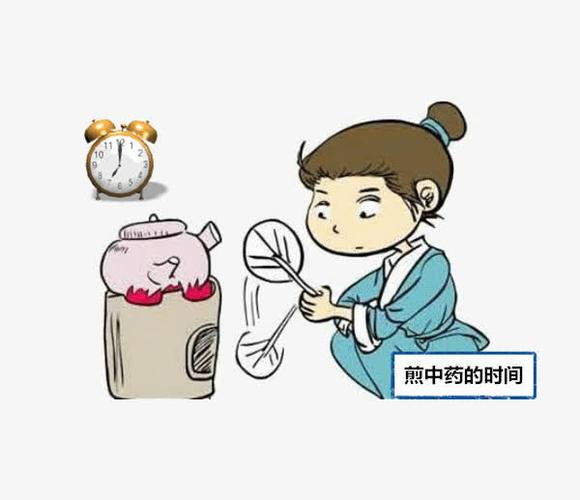
END
Submitted by: Pharmacy DepartmentCorrespondent: Ju ShaohuaReviewer: Wang Mingjian
Editor: Wen Junyi/Proofreader: Song Siqi
Editor-in-Chief: Yang Yurong/Final Review: Li Xiaohong
Long press the QR code to follow us

For appointment registration, please follow

For more information, please follow
Tap ato see, share with those who need it

